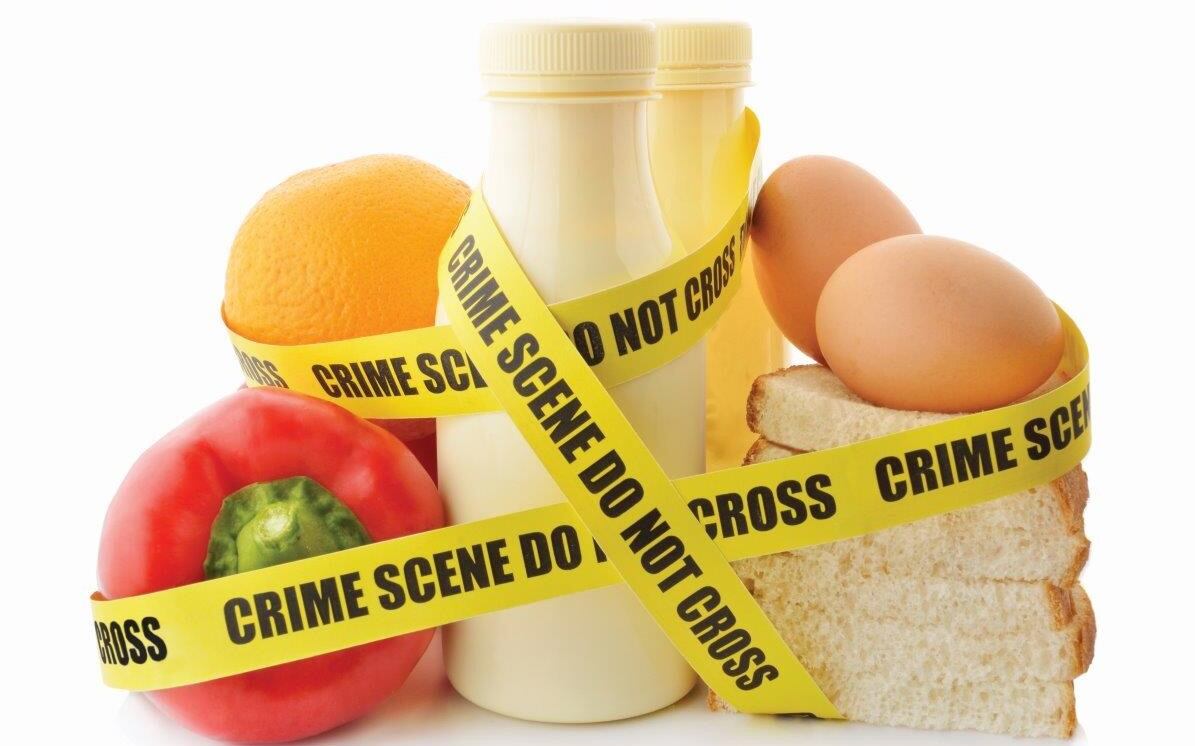According to the FOI request, made by the Chartered Institute of Procurement & Supply (CIPS), 1,193 reports of food crime were made to the National Food Crime Unit (NFCU) last year – the highest in six years.
In addition, there have been 364 reports of food crime in the first three months of 2019.
The most common food crime reported to the database since 2016, is the ‘knowing sale of food substances not suitable for human consumption’. Across 2018, there were 310 reported cases, up from the 73 cases reported in 2017.
However, the FSA – the body responsible for tracking the reports – claimed it wasn’t possible to use the data to make comparisons year on year due to reasons such as how food crime was categorised and reported since data was first collected.
It added that reports did not equal offences and that multiple reports might be received for one incident.
Chemicals sold as food
Furthermore, it said the ‘knowing sale of food substances not suitable for human consumption’ related to chemicals that were not suitable for human consumption being sold as a food or food supplement.
According to an FSA spokeswoman, this could include DNP, a toxic chemical sometimes sold unlawfully as a weight-loss aid, or ‘Magic Mineral Solution’ (MMS), which has a range of alleged health benefits, but is unsafe for human consumption.
“An increase in reporting figures may be attributed to increased awareness of these products being sold online for human consumption and the way in which reports are recorded (for example, one marketplace with 10 listings of DNP may be recorded in 10 reports),” the spokeswoman added.
On the release of the results, CIPS group chief executive Malcolm Harrison said more needed to be done to increase prosecution rates.
He said: “As a society, we are not willing to compromise on the quality, origin and ethical sourcing of our food. However, as these figures show, potentially harmful substances are still finding their way into our food supply chains and potentially onto store shelves.
“It is surprising, therefore, that while the number of reports of food crime continues to rise, prosecutions remain stubbornly low. Food fraudsters put lives at risk in order to bolster their profits, it is time for criminal prosecutions to rise.”
Complicated supply chains
While acknowledging that modern food supply chains were “long, complicated and frequently change”, Harrison said spotting risks in food supply chains before they became problems required constant vigilance, especially in times of change.
“Questioning, knowing and not blindly accepting where food products come from is key,” he said.
“Businesses must ensure that supply chains are transparent and that goods can be tracked from their source. It is important to visit suppliers and introduce regular quality and compliance checks to ensure sound international supply chain practices.”
NFCU head Darren Davies said his organisation worked to protect consumers from criminal conduct and it received information about food crime from a variety of sources.
He added: “We have been working with partners across the country to increase awareness of our reporting channels and would encourage anyone who believes they have knowledge of food fraud being committed to contact us through our Food Crime Confidential reporting facility.”


